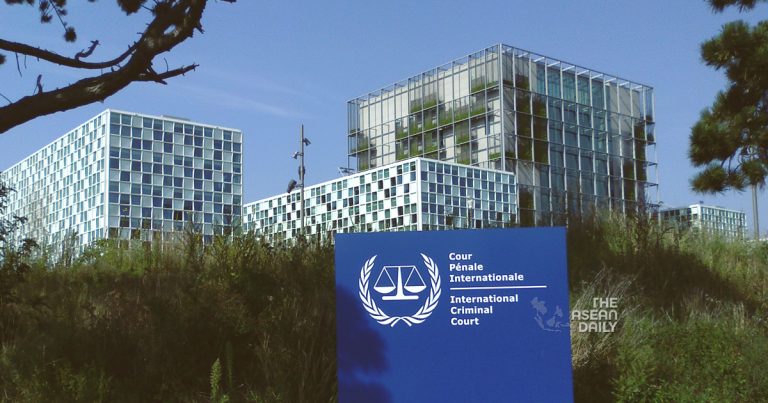23-1-2025 (MANILA) The Philippine government has indicated a more conciliatory approach towards the International Criminal Court’s (ICC) investigation into the controversial anti-drug campaign that left thousands dead during former President Rodrigo Duterte’s administration.
Justice Secretary Jesus Crispin Remulla revealed in a recent interview that the government is prepared to engage with ICC investigators “in a very well-defined manner, in the spirit of comity”. This marks a notable departure from the country’s previously hostile stance towards the international body’s probe into alleged crimes against humanity.
The investigation centres on Duterte’s infamous “war on drugs”, the cornerstone policy that catapulted him to the presidency in 2016. Whilst official police records cite 6,200 deaths in anti-narcotics operations, human rights organisations contend the actual toll is substantially higher, with numerous unexplained killings in impoverished areas targeting individuals on official “watch lists”.
“There are certain areas we can cooperate”, Remulla stated, whilst emphasising the need for properly defined parameters. This softened position represents a striking contrast to the Philippines’ earlier rejection of ICC jurisdiction, following Duterte’s unilateral withdrawal from the Rome Statute in 2019.
Despite the country’s withdrawal, the ICC maintains its authority to investigate alleged crimes committed before the Philippines’ exit. Remulla acknowledged that ICC representatives have been conducting activities within the country “without us raising anything”, suggesting a tacit acceptance of their presence.
The development gains additional significance in light of President Ferdinand Marcos Jr’s recent statement that his administration would not impede ICC proceedings should Duterte wish to face investigation. If indicted, the former president could become the first Asian head of state to stand trial at The Hague.
Whilst the possibility of Philippines rejoining the ICC remains uncertain, Remulla indicated the government is “starting to explore the limits of non-membership to the ICC and the extent of crimes committed prior to the withdrawal”.
The country’s domestic investigation into the drug war killings has shown limited progress, despite what activists describe as substantial evidence of systematic abuse by state officials. Remulla conceded to institutional shortcomings, suggesting that ICC involvement might facilitate advancement in local investigative efforts.
Duterte, now 79, has maintained an unrepentant stance regarding his anti-drug campaign, consistently asserting that law enforcement personnel were instructed to use lethal force only in self-defence. During a November parliamentary hearing, he provocatively urged the ICC to “hurry up” with their investigation, declaring “if I go to hell, so be it”.




